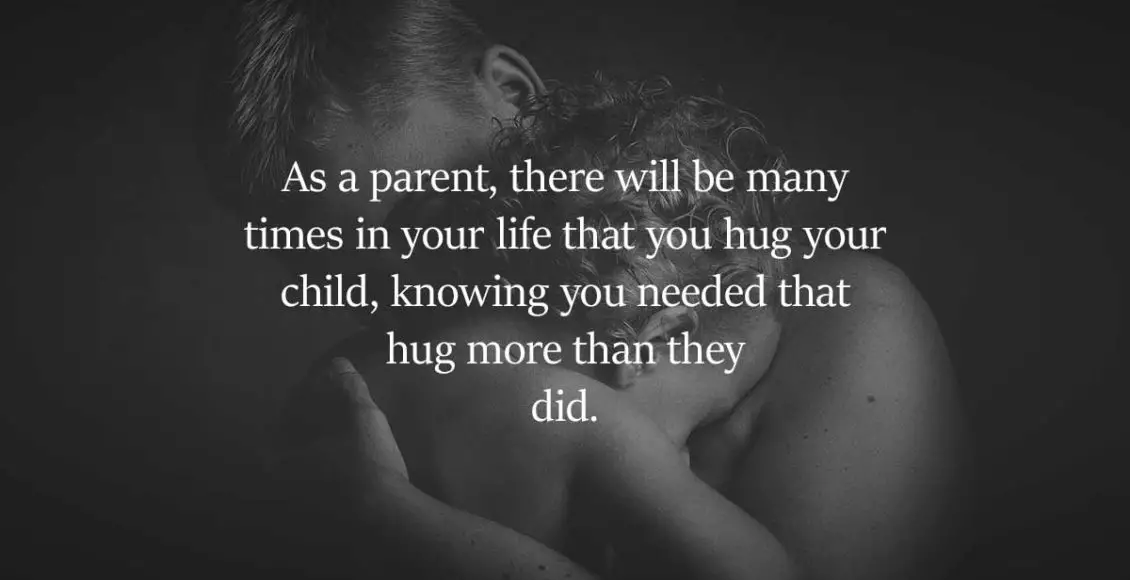It can be difficult to consider giving our children a hug when they are being naughty.
There is a fear of reinforcing their behavior attached to it, and thus we resort to punishing, taking away toys, or giving them the silent treatment.
However, try to remember a time when you had a bad day, took it out on your partner over a minor issue, just to be consumed by guilt, and then needed to make amends by giving them a hug.
Did you tell them you needed a hug?
If the answer is yes, then you and your partner truly have great communication. If you did not ask, consider the reason. Maybe you didn’t even think that a hug would make you feel better. Maybe you were too emotional to ask.
When we are too emotional, it can be much harder to think in a rational way. When keeping our children in mind and the way in which they are developing their prefrontal lobe (the part of the brain that is responsible for planning and making decisions), it then becomes clear that they are struggling with expressing themselves in a calm manner when stressed.
As grownups, we possess better verbal skills and a more trained brain on our side to aid us in expressing our wants in a calm fashion.
Children, however, are yet to develop these skills and brainpower. And thus, parents must step in to help their kids learn positive coping to manage their emotions more successfully.
When you calm your child with a hug or verbal reassurance, you are effectively helping them deal with their frustrations.
You are calming them down in order for them to be able to listen more carefully.
With a warm hug, you can communicate a number of reassuring things to your child. For example, “You mean everything to me,” “I will be by your side no matter what happens,” “Don’t worry, everyone makes mistakes,” and “Things will get better,” among others.
When you reassure your child that they are not “bad” even when they are being naughty, they become more capable of calming themselves down.
Parents start being more effective in teaching their children to behave better because they reach a calm state that helps them receive and digest the information they are being given.
In addition, when we are connected to our children, they respect us more and strive to be better.
Making parenting changes can be hard, especially when we have been fed the same thing for years about how to stop “bad” behavior. It is a process and needs us to be aware of how the view of our children’s behaviors can impact our response. Furthermore, it can be incredibly challenging once we find ourselves in a heated argument with our child.
So, don’t forget, parenting is a journey, and we are all in it together.
Do you agree with the points above? Let us know by joining the conversation in the comments and please share this article if you’ve found it helpful.



